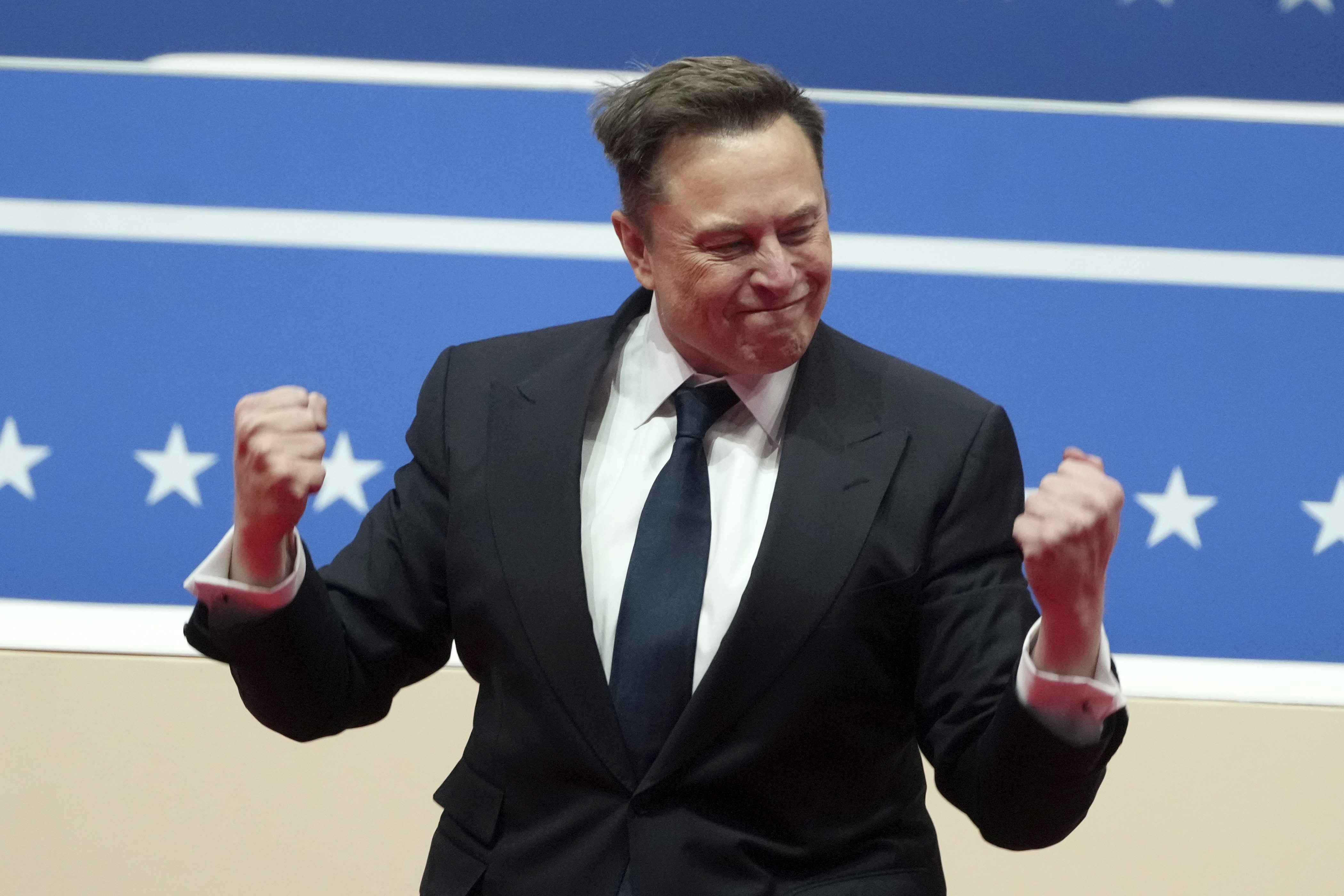
The Supreme Court Decision that gave Elon Musk so much power to abuse
Just before Christmas America got a dramatic reminder of the heavy costs we bear from the Supreme Court’s 2010 take down of campaign finance restrictions in Citizen’s United v. Federal Election Commission. After weeks of bipartisan negotiations, a bill was released to prevent a government shutdown.
Then Elon Musk called Republicans to kill the bill and bring on a shutdown. He warned, “Any member of the House or Senate who votes for this outrageous spending bill deserves to be voted out in 2 years!” Trump later joined in telling Republicans to kill the bill and get a new one that would end the national debt ceiling.
How could one man, no matter how rich, sway Congress’s vote that much? Because of the way he could direct his campaign spending.
$250 million in contributions
Musk, the world’s richest man, reportedly helped bankroll Trump’s and other Republicans’ election victories, to the tune of over $250 million, mostly through his America PAC. So when he warns congressional leaders that in their next election they may face a well-funded primary challenger that is a powerfully credible threat.
At the last minute, a new compromise bill was slapped together and the government shutdown was avoided.
But the episode put on display how enmeshed unelected wealth and raw political power have grown and the importance of remembering the dismantling of campaign finance regulations permitted by Citizens United.
The Court in that case held that corporate contributions to political campaigns are constitutionally protected speech. In a subsequent case the Court held there may be no limitations on the amounts of campaign contributions by wealthy individuals or corporations so long as these contributions are given to PACs (political action committees) or Super-PACs that are not directly aligned with a candidate’s campaign.
Before Citizens United the Court sought to balance freedom of speech protections with other compelling national interests like preventing elections from being dominated by our wealthiest corporate or private campaign donrs. Before Citizens United the Court worried about corruption from special interests distorting our political process.
But in the Citizens United holding, Anthony Kennedy writing in the majority opinion, articulated an expansive fear of the “chilling” of the freedom of speech. He writes that attempts to restrict speech—now viewed as including individuals’ and corporations’ campaign contributions—is “subject to strict scrutiny.”
In 2011 the Montana Supreme Court held that Citizens United’s broad freedom of speech protections given corporations should not apply to Montana’s campaign finance laws. They argued that Montana’s long historical experience of campaign meddling by big mining, logging and other wealthy business interests established a compelling justification for Montana’s laws.
Confident and narrow
The Robert’s Court overturned the Montana court asserting its confidence that Super-PACs “independent expenditures” simply can’t lead to “corruption or the appearance of corruption.” Even as the Roberts’ Court has affirmed a maximally expansive view of what counts as protected “speech,” it also defined what counts as “corruption” in a sharply narrow way. Corruption, they hold, only occurs when there is an explicit quid pro quo — a “this for that,” as in direct cases of bribery.
Citizens United and subsequent rulings display an excessive confidence borne of a narrow fixation on the unconstitutionality of policies restricting corporate or wealthy individuals campaign contributions coupled with a disturbing disinterest in our country’s historic experience with the broad dynamics of political corruption and its real political and societal consequences.
The Court in its holding in Citizens United set the path that has led to the present spectacle of our nation seeing its electoral process and the new Trump administration being taken over by the unfettered campaign contributions and contributions to the upcoming inauguration festivities.
The path has been sown, first, by the naivety of Court’s expansive concern for “free speech” and its lack of interest in how “free speech” when dominated by wealthy corporations or rich families has produced a long history in various states of corruption in elections and governance.
The court, filled with a number who hold to an “originalist” interpretation of the meaning of the Constitution and the Bill of Rights, ironically seem in many cases uninterested in the actual history of our states and of our nation.
Second, Citizens United and subsequent holdings show the Court is most concerned about the potential “chilling effects” on corporate and wealthy persons “speech.” They seem little worried about the “chilling effect” on the speech of ordinary citizens who ask why bother with my giving twenty bucks to a candidate or even why bother voting when the billionaires are dumping their millions.
The new oligarchy
President Joe Biden in his recent Farewell Address is right to warn us that “an oligarchy is taking shape in America of extreme wealth, power and influence that literally threatens our entire democracy.”
One can only hope that our Supreme Court justices rethink campaign finance restrictions in light of the dangerous floods of money buying political influence today.
William French is an associate professor of theology at Loyola University Chicago, where he directs Loyola’s Peace, Justice & Conflict Studies program.
